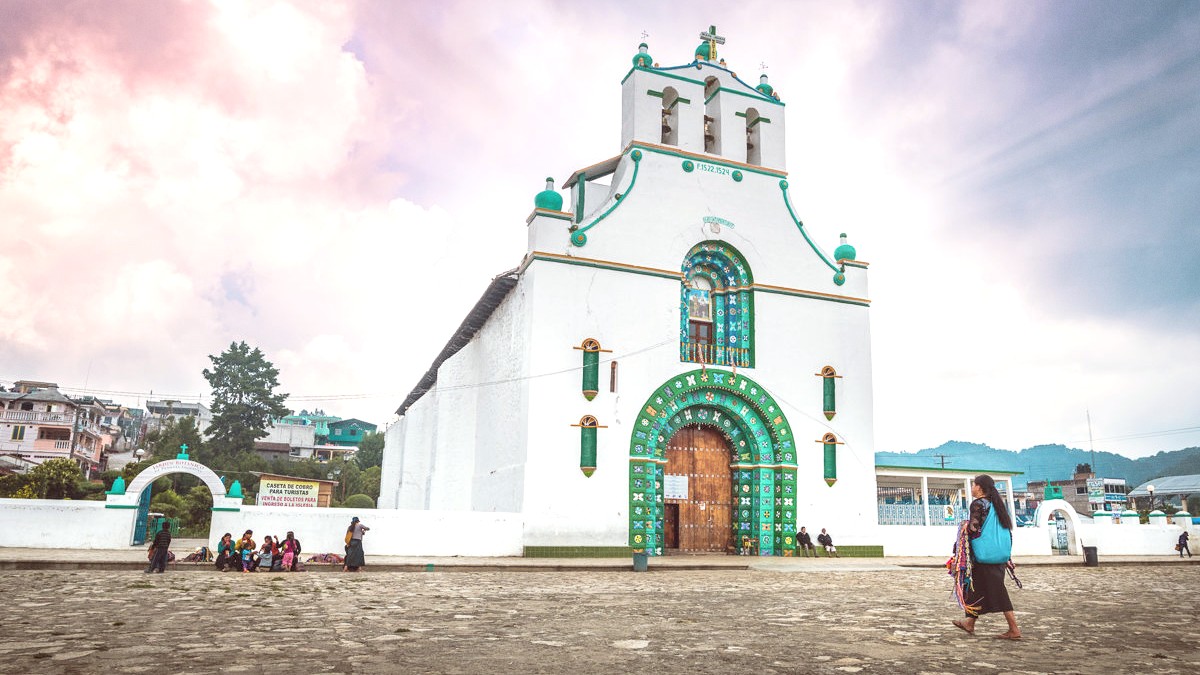
Tabasco And Chiapas, Mexico
Chiapas holds significant biodiversity and protected areas like Sumidero Canyon National Park. Adhere to all rules, stay on marked trails, and avoid disturbing wildlife.
Waste management infrastructure outside major cities is limited. Reduce waste by refusing single-use plastics. Carry out what you carry in, especially at natural sites.
Water scarcity issues in some Chiapas areas. Be mindful of your water usage in accommodation. Take shorter showers and reuse towels when possible.
Your travel choices play a role in supporting environmental health.
Consider offsetting your flight emissions through reputable carbon offset programs. This mitigates your overall environmental footprint.
Research and choose hotels and tour companies that demonstrate sustainable practices.
Reduce your waste output by refusing single-use plastics wherever possible.
Support brands and operators committed to ethical production and sustainable tourism.
Never buy products made from endangered species. This practice fuels illegal trade and harms biodiversity.
Respectful interaction with San Cristobal's diverse and deeply rooted cultures is essential.
Learn basic Spanish phrases; even a few words go a long way. Always ask permission before photographing people, especially children, and respect a 'no' if given.
Be mindful of privacy. Avoid 'poverty tourism' photography, which exploits or romanticizes poverty. Focus on landscapes, architecture, and crafts rather than individuals unless explicit permission.
When visiting churches or other religious sites, dress modestly, remove hats, keep your voice low, and be aware of any specific rules (e.g., no photography, specific areas for prayer).
Avoid distributing candy or pens to children directly. While well-intentioned, this creates a begging culture and disrupts local economies.
Punctuality may be more relaxed in some informal social settings. Be patient.
Personal space may be closer than in some Western cultures, specifically in busy areas.
Locals are often very hospitable. Respond with politeness and appreciation.
An open mind and a willingness to learn are your best assets when engaging with San Cristobal's diverse cultures.
Your spending choices directly influence the local economy. Make choices that benefit the community.
When buying souvenirs, prioritize purchasing directly from artisans in markets. Look for cooperatives and shops that explicitly state their commitment to fair trade.
Prioritize locally owned restaurants, cafes, shops, and guesthouses over international chains. This helps circulate money within the local economy and supports local entrepreneurs and families.
Be aware of potential exploitation, specifically concerning child labor or unfair wages. Avoid purchasing items made from endangered species or those that might involve illicit trade.
If you wish to donate, do so through established, reputable local NGOs or community projects, rather than giving cash directly to individuals on the street.
Hire local, certified guides for insights and economic support.
Purchase crafts and food directly from the producers.
Be vigilant against child labor and illicit trade. Your purchases have consequences.
Your spending choices empower local communities and contribute to their long-term well-being.